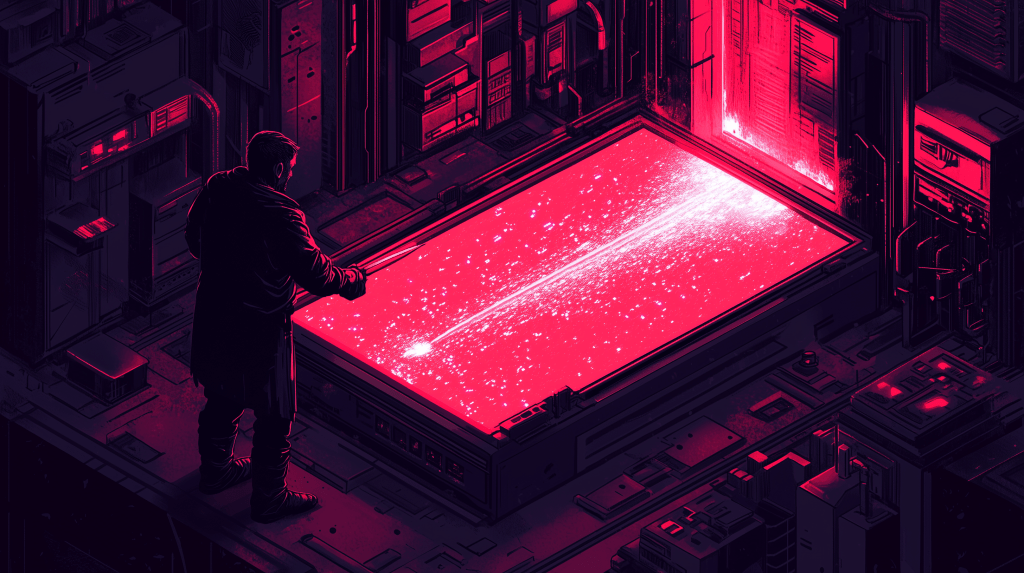
Microsoft introduced AI agents to its Dynamics 365 platform in October. During Ignite, the company announced it would add more agentic AI capabilities to other Microsoft products, such as SharePoint and Microsoft Copilot 365. However, enterprises will need to manage the many AI agents they deploy and understand whether these agents accurately follow workflows and can only access what they are supposed to access. Microsoft’s new capabilities in Azure AI aim to help developers build evaluation tools and a way to manage AI agents at scale and solve precisely those issues.
The software developer kit for Azure AI Foundry offers a toolkit to customize, test, deploy and manage AI applications and agents. It lets developers bring control and customization to many AI apps brought into their tech stack.
Microsoft said the SDK, available in preview, has 25 templates developers can use with an integrated library of models to build in scale.
The Azure AI Foundry portal, formerly Azure AI Studio and also in previews, offers developers a visual dashboard for evaluating models and tools. The dashboard also lets people manage who can use certain apps.
The company said AI Foundry is integrated with other developer tools like GitHub, Visual Studio and Copilot Studio.
As agents become a more significant part of the AI ecosystem, enterprises want to figure out how to manage how these work together. Azure AI Agent Service lets companies establish orchestration frameworks for automated workflows.
“With features like bring your own storage and private networking, it will ensure data privacy and compliance to help organizations protect their sensitive data,” the company said.
Agent management
AI agents emerged as one of the big trends in enterprise AI this year and are poised to grow in the next year as more companies begin experimenting with them. Several providers, like Microsoft and Salesforce, offer customers access to agents or a no-code way of building agents.
Microsoft is also researching how multiple agents can work together through a new framework called Magentic-One.
Ideally, AI agents would automate workflows without requiring human employees to keep prompting AI applications. Companies are beginning to use multiple agents, triggering each activity to build out their agent ecosystems. To ensure the agents do their jobs, some providers create orchestration agents that monitor and direct agents.
However, enterprises still need to figure out the best way to deploy these agents across their entire organization without accidentally letting agents access data they shouldn’t. Determining safety and performance for agents can also be difficult, as current benchmarks don’t really capture agentic performance.
Author: Emilia David
Source: Venturebeat
Reviewed By: Editorial Team



